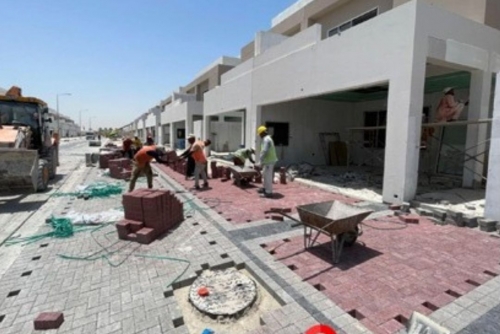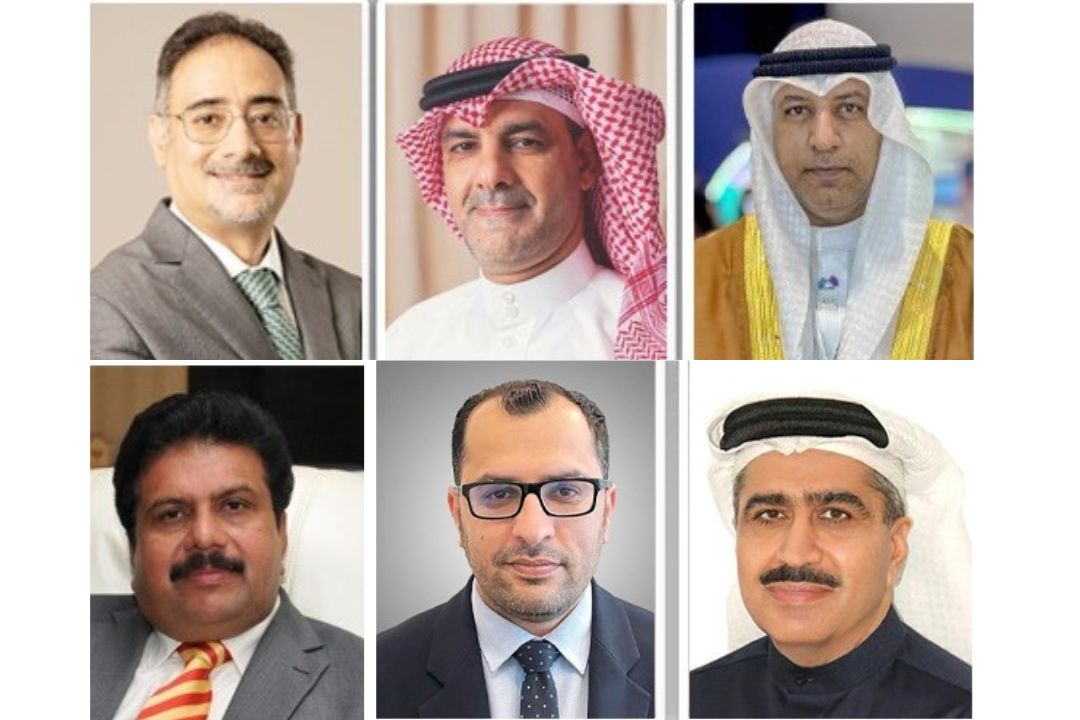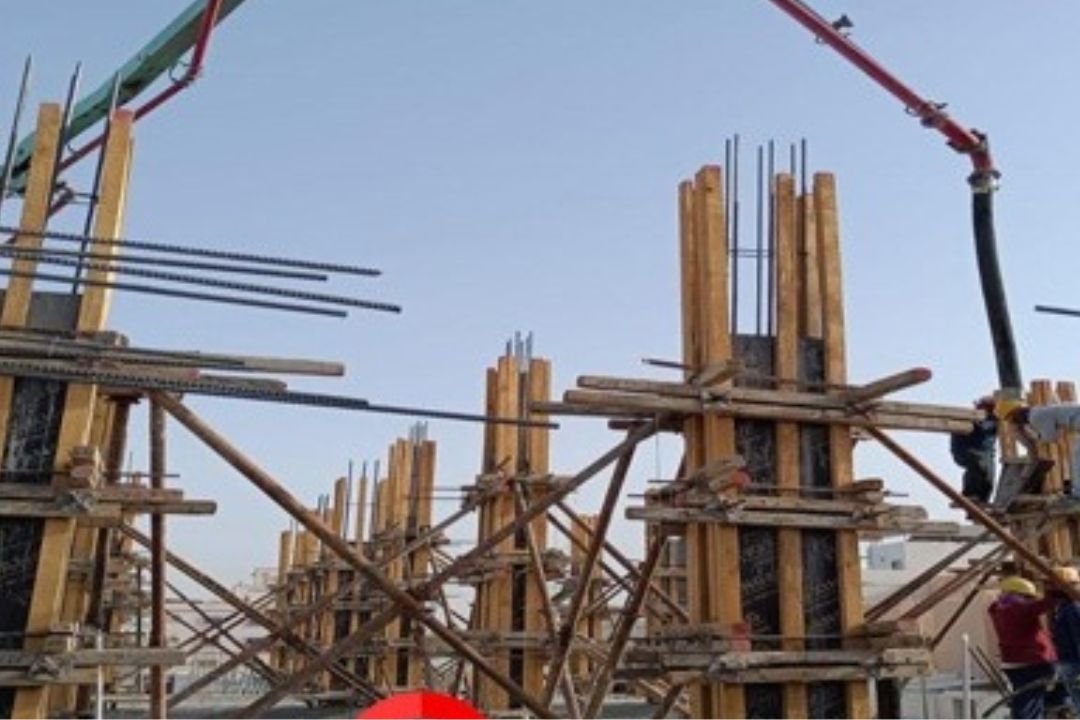Public-Private Partnerships Drive Housing Progress in Bahrain
TDT | Manama
Email: mail@newsofbahrain.com
Real estate developers and industry experts have praised Bahrain’s innovative approach to housing development, highlighting the success of the Government Land Development Rights Program (GLDP) as a model for sustainable progress through public-private partnerships.
They say this collaborative effort, led by the Ministry of Housing and Urban Planning, reflects the vision of His Majesty King Hamad bin Isa Al Khalifa and the directives of His Royal Highness Prince Salman bin Hamad Al Khalifa, the Crown Prince and Prime Minister. The focus remains on sustainable development with Bahraini citizens at the heart of national priorities.
A New Chapter in Housing
The GLDP has been described as a game changer in Bahrain’s housing strategy. By enabling private developers to build on government-allocated land, the program accelerates the delivery of affordable, high-quality homes, while also stimulating economic growth and job creation across sectors.
Yousif Mohammed Bucheeri, CEO of Bareeq Al Retaj, emphasized the importance of strong public-private partnerships, noting the ministry’s efforts to diversify housing options and reduce waiting times. “The program is a unique opportunity for developers to align with the ministry’s vision and offer affordable housing that meets the needs of modern Bahraini families,” he said.
Boosting Economic Activity and Creating Jobs
Amin Al Arrayed, CEO of Naseej, highlighted how the initiative has energized the real estate sector. “GLDP not only fast-tracks housing delivery but also creates sustainable investment opportunities, boosts social stability, and supports Bahrain’s goal of building 40,000 housing units,” he said.
Eng. Ahmed Alammadi, CEO of Diyar Al Muharraq, added that citizen feedback has been overwhelmingly positive. “The demand we’ve seen for projects developed under this program reflects public trust. It allows us to offer a variety of housing solutions that respect different income levels and expectations.”
Abdulla Ali, CEO of Dilmunia Gateway, noted that the GLDP is one of the most effective tools the ministry has introduced. “It promotes fair competition among developers and opens the door for innovative housing concepts,” he said.
Real Results on the Ground
One of the success stories is the "Al Naseem" project in Salman City by Dilmunia Gateway, where all 131 units were sold within just three days of launch. “That tells you everything about the demand and the effectiveness of this partnership model,” Ali said.
Dr. Varghese Kurian, Chairman of Dadabhai Group (Namal), pointed to their "Suhail" project in Al-Lawzi and ongoing work in Hoora Sanad as examples of successful collaboration. “This model ensures high-quality housing that matches the ministry’s financing criteria and supports national economic objectives,” he said.
A Model for Sustainable Development
Nasser Al Ahli, board member of the Bahrain Businessmen’s Association, stressed the program’s broader economic benefits. “By eliminating the need for developers to buy land, it reduces costs and increases the pace of delivery,” he explained. “It also activates the whole supply chain—from construction companies to building materials and banks.”
Jassim Mohammed Kazem, CEO of Dar Al Sultan, added that the flexibility in design and construction made possible through the program has created a more dynamic housing market. He also encouraged expanding the initiative to include private lands to meet growing demand.
Ahmed Issa Al-Bahrani, Executive Director of Kayan Real Estate, echoed these sentiments. “GLDP is a strategic move that not only meets rising housing demand but also opens up investment opportunities and supports a healthy, sustainable real estate market.”
Ahmed Mansoor, CEO of Etihad Real Estate, said the initiative has proven to be a powerful economic tool. “It moves the wheel of the economy while meeting real social needs.”
Mohammed Fateel, CEO of Janabiya Gate Properties, concluded by stating: “Since its launch, GLDP has been a key player in providing citizens with affordable villas. It’s revitalizing the construction sector and dozens of related industries.”
Related Posts



